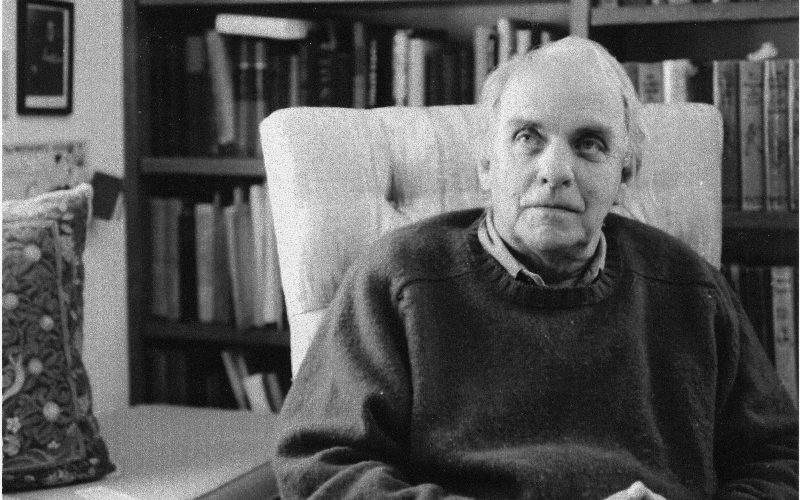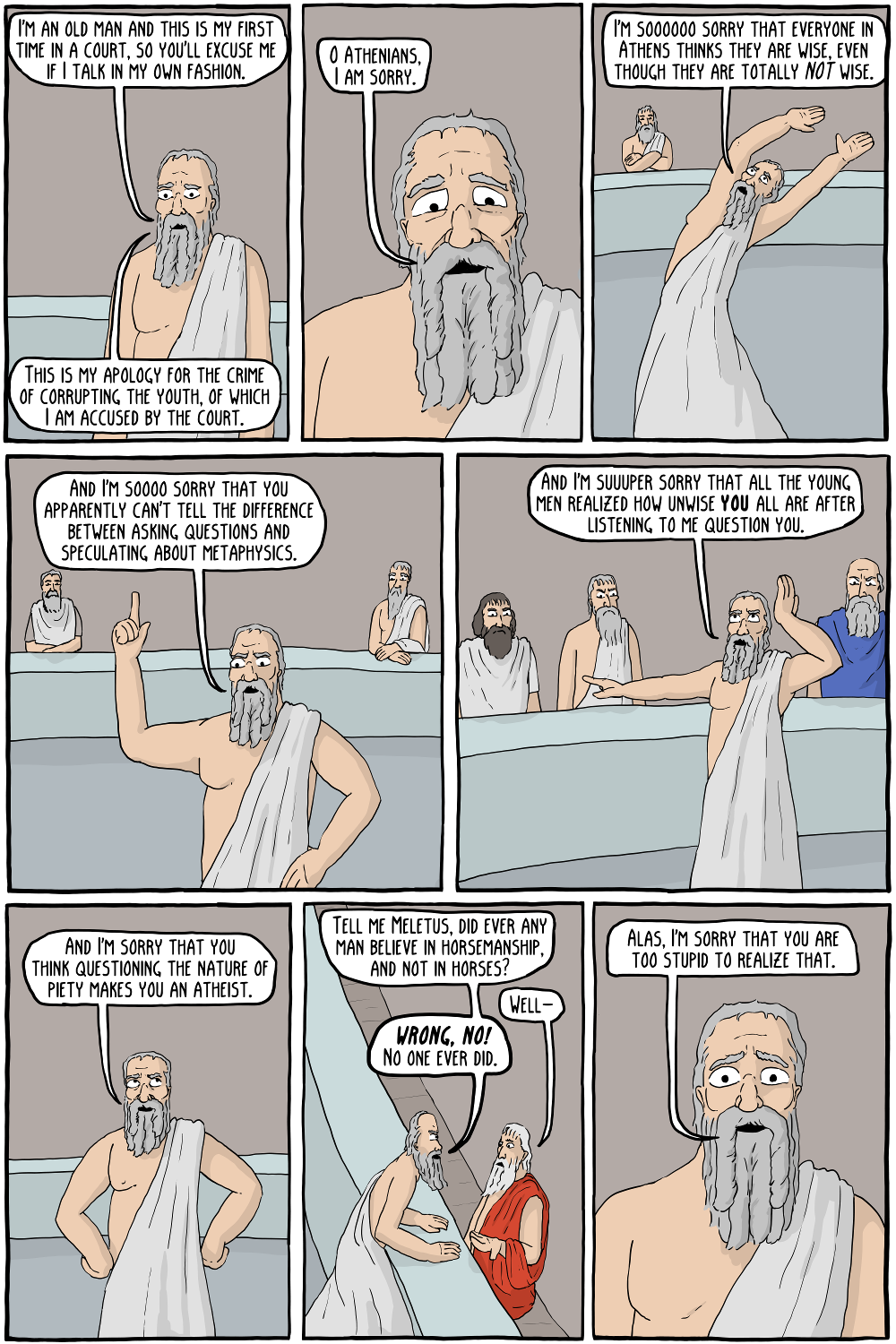Frederick Buechner died this week at the age of 96. It was a long life and his legacy and impact will be longer lasting still. Many have written and, no doubt on Sunday, many will preach about this remarkable author’s impact through word on the lives of so many. The fact that the title of my most personal work, Beautiful and Terrible Things, comes from what may be his most famous quote, I feel the need to add a few words of my own, as inadequate as they will be.
I first came to know the name of Mr. Buechner through the work of Terry Scott Taylor and Daniel Amos’ 2001 double album “Mr. Buechner’s Dream.” It would be more than a decade before I would read his work for myself, and even then, only accidentally.
As dean of an Honors College, I have to give a speech at least twice a year to our graduating Honors students. A bit like Christmas and Easter, the occasion and basic message remain the same (“Do not just be a person with honors, be a person of honor” and “you are leaving the relatively safe grove of academe to enter the ‘real world’), but I would try and make it fresh each time, at least for myself and the faculty forced to hear my ramble on twice a year. Searching for some suitable quotes, I came across a number of different speakers who cited Mr. Buechner saying, “Here is the world. Beautiful and terrible things will happen. Don’t be afraid.” What a great sentiment! Perfect for graduation and so I used it.
Several years passed and so too did our son. As I mourned, the phrase “beautiful and terrible things” rolled in my head like rough hewn stones and I knew I wanted that as the title of my book. What was the context though? Eventually, I hunted it down and, because I knew some of the original speakers I had found using this quote were not faithful people, I was surprised to find it within a short essay on God’s grace. That made the quote even more apropos to my reflection on suffering, grief, and grace.
This week, as news of Mr. Buechner’s death spread, people shared and re-shared quotes from our prolific author and the one that could be found most often, indeed, the one that the family posted on his Facebook page, was his description of grace of God.
“The grace of God means something like: “Here is your life. You might never have been, but you are, because the party wouldn’t have been complete without you. Here is the world. Beautiful and terrible things will happen. Don’t be afraid. I am with you. Nothing can ever separate us. It’s for you I created the universe. I love you.” (Wishful Thinking, p. 34, and Beyond Words)
While this quote is meaningful to me, I am not sure why it had never occurred to me that of all his many works and quotable quotes, that this one that is so meaningful to me, should also speak so deeply to so many. I really should not have been surprised those. Grace is what we all need.
What struck me this morning, as I pulled Wishful Thinking off the shelf to read it again, was the opening two paragraphs of that entry.
“After centuries of handling and mishandling, most religious words have become so shopworn nobody’s much interested anymore. Not so with grace, for some reason. Mysteriously, even derivatives like gracious and graceful still have some of the bloom left. Grace is something you can never get but can only be given. There’s no way to earn it or deserve it or bring it about any more than you can deserve the taste of raspberries and cream or earn good looks or bring about your own birth.”
Grace, for some reason, still has some of the bloom left on it. It is a gift, you cannot earn it or deserve it. As Bono sings, “It’s the name for a girl; it’s also a thought that changed the world.” Grace is what we all need, at all times. In relationships, politics, and even within our own mind and soul, grace is the space to be loved, to fail, to grow, and to live. That is grace and it is vital, that which we need for life.
I never had the opportunity to meet Mr. Buechner, except through his works and the occasional interview or profile. In spite of the title of his final memoir, Telling Secrets, Mr. Buechner was very cautious about telling anyone’s story but his own, unless they were deceased or had given permission. Yet he frequently offers glimpses into a life touched by grief and trauma, from his father’s suicide to their child’s struggle with an eating disorder (and his own worries about being a father). His life, like all of us, was full of the beautiful and terrible things and in need of grace.
Mr. Buechner’s articulation of the grace of God as simultaneously affirming for us our beloved place in this world, and acknowledging the hardship and difficulties that we endure, while promising to abide with us; this alone is a legacy of comfort and hope. It is beautiful and wonderful epitaph for a man who was gracious, as he often told us, because he had received and accepted grace.
As it happens, he once said that what he would like on his tombstone are the words he put into Godric’s mouth. “What’s lost is nothing to what’s found, and all the death that ever was, set next to life, would scarcely fill a cup.” This, too, is a description of God’s grace.
May light perpetual shine upon him. Amen.✠





